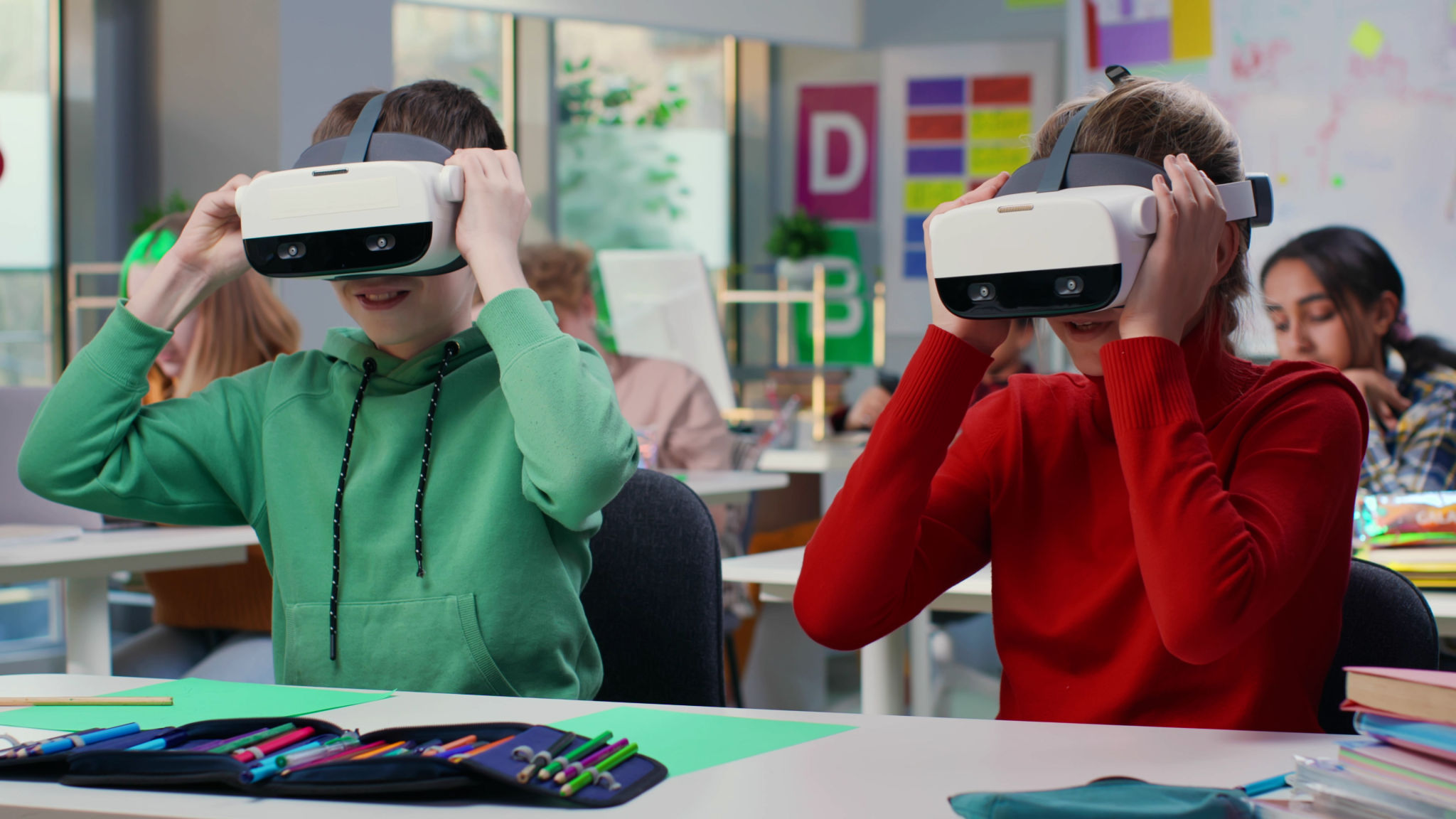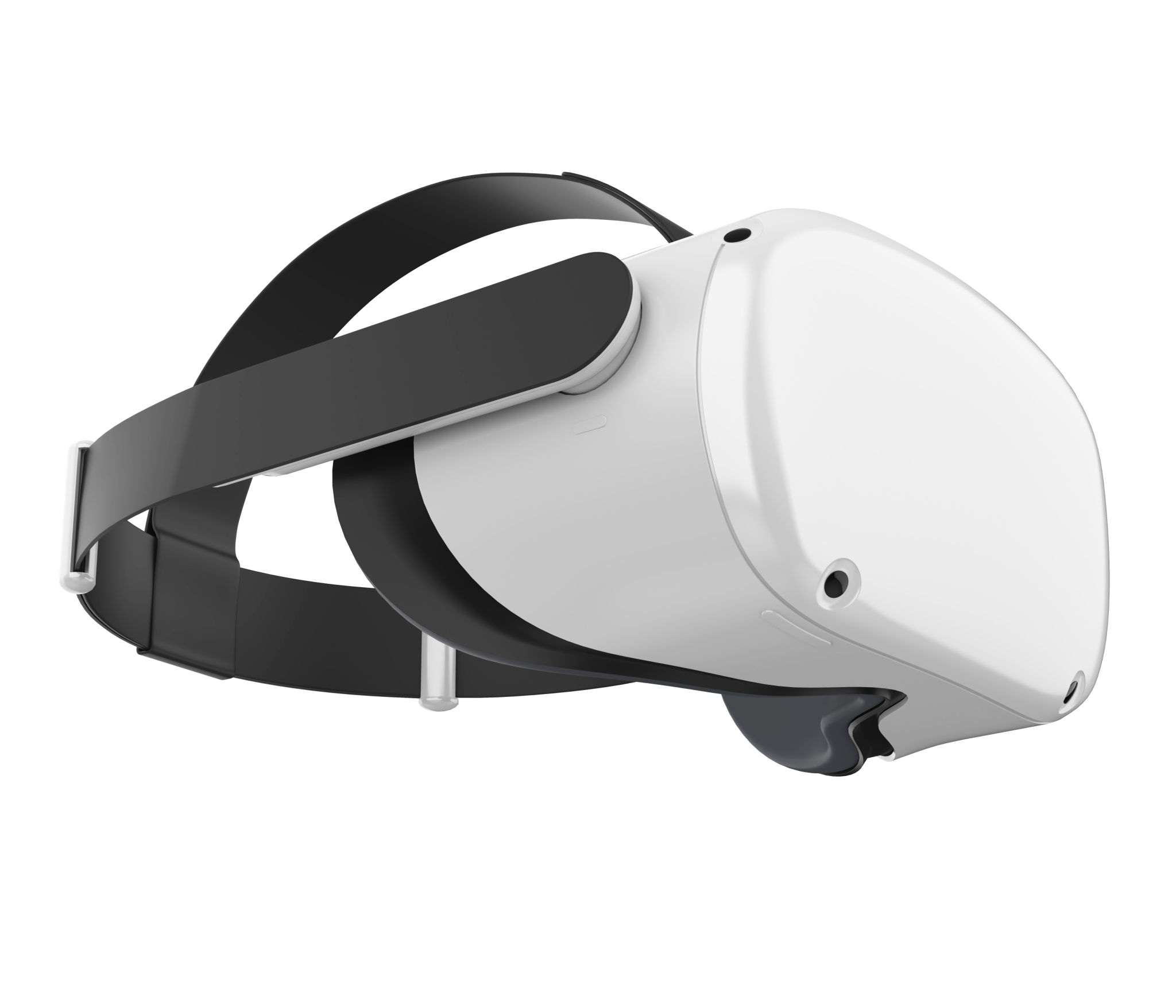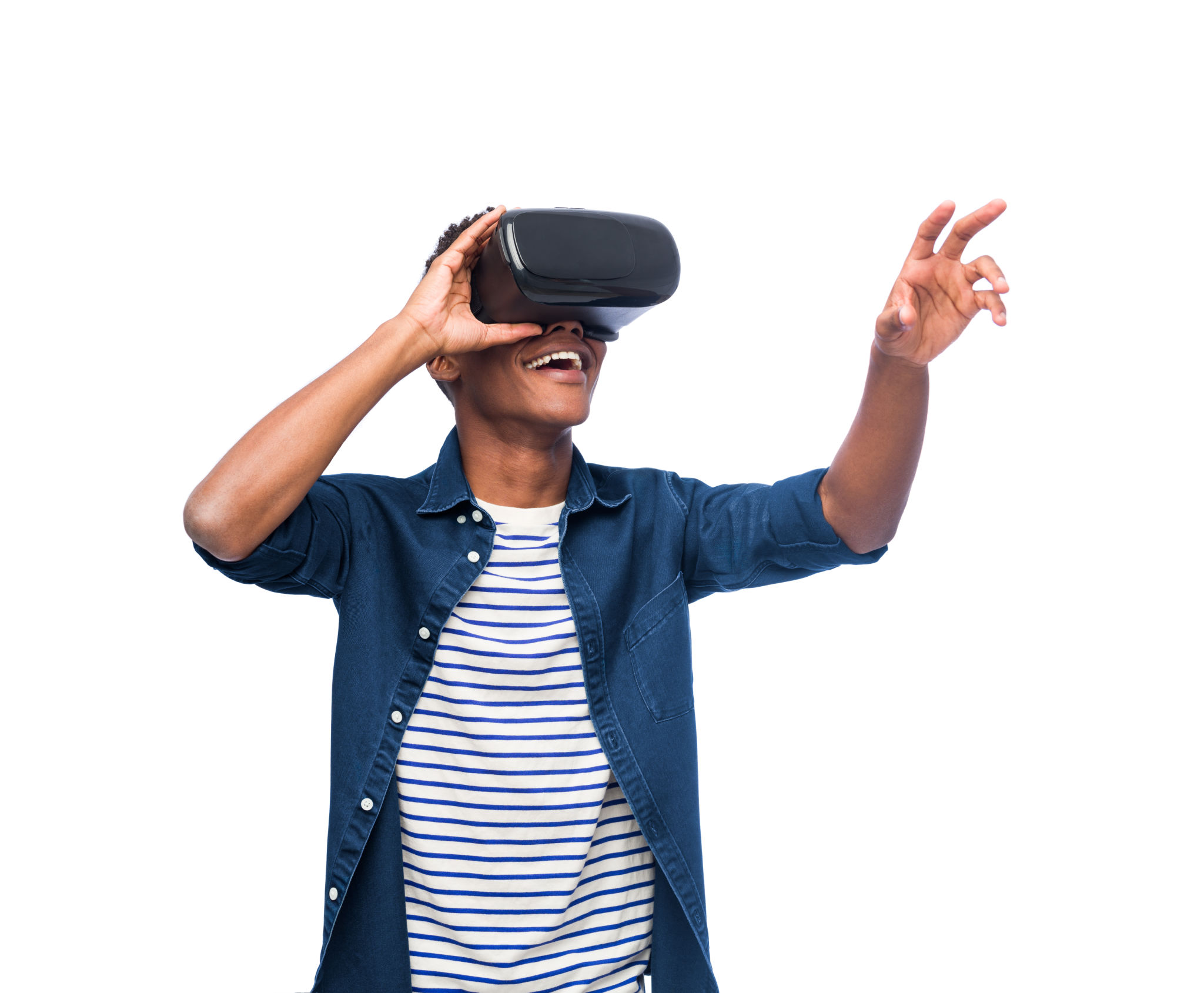How Virtual Reality is Transforming the Learning Experience
Introduction to Virtual Reality in Education
Virtual Reality (VR) is reshaping the educational landscape by offering immersive experiences that enhance the learning process. As technology advances, educators and students are discovering the myriad benefits of integrating VR into the classroom. This innovative tool is not just a novelty; it's a transformative approach to education that offers significant advantages over traditional methods.

Enhancing Engagement and Motivation
One of the primary benefits of VR in education is its ability to increase student engagement and motivation. By immersing students in a virtual world, subjects that might have seemed dull or abstract become vivid and exciting. For example, history lessons can transport students back in time to experience events as they unfold, while science classes can take students on virtual field trips to explore the cosmos or dive deep into the ocean.
This level of engagement is crucial in today’s educational environment, where capturing and maintaining student attention is more challenging than ever. VR provides a dynamic and interactive platform that keeps students interested and eager to learn.
Learning by Doing
VR allows students to learn by doing, which is one of the most effective ways to understand complex concepts. Instead of passively absorbing information, students can actively participate in simulations that replicate real-world scenarios. This hands-on experience is invaluable in subjects like medicine, engineering, and even the arts.

For instance, medical students can practice surgical procedures in a risk-free environment, gaining confidence and proficiency before operating on real patients. Similarly, engineering students can build and test structures in a virtual space, allowing them to experiment and learn from their mistakes without the cost or danger of real-world consequences.
Breaking Down Geographical Barriers
Another significant advantage of VR in education is its ability to break down geographical barriers. Students from all over the world can access the same high-quality educational experiences, regardless of their physical location. This democratization of education opens up opportunities for learners who might otherwise be excluded due to distance or financial constraints.
Moreover, VR can connect classrooms globally, fostering cultural exchange and collaboration between students from different countries. This global perspective is increasingly important in our interconnected world.

Catering to Diverse Learning Styles
VR is particularly effective because it caters to diverse learning styles. Whether students are visual, auditory, or kinesthetic learners, VR provides a multi-sensory experience that can be tailored to individual needs. This personalization ensures that every student has the opportunity to succeed, regardless of their preferred learning method.
Additionally, VR can provide support for students with special educational needs by offering customized learning environments that accommodate various disabilities. This inclusivity is vital for creating an equitable educational landscape.
Challenges and Considerations
Despite its many benefits, integrating VR into education does come with challenges. The cost of VR equipment and the need for technical support can be prohibitive for some institutions. Furthermore, there is a learning curve associated with adopting new technologies, both for educators and students. However, as VR technology becomes more affordable and user-friendly, these barriers are likely to diminish.
It's important for educators to carefully consider how VR fits into their curriculum and to ensure it complements rather than replaces traditional teaching methods. A balanced approach will maximize the benefits of this powerful tool.
The Future of Virtual Reality in Education
The potential for VR in education is immense, and we are only beginning to scratch the surface of its possibilities. As technology continues to evolve, VR will become an increasingly integral part of the educational experience. From primary schools to universities, VR has the power to revolutionize how we learn and teach.
As more educators embrace this technology, we can expect to see even more innovative applications that will further enhance the learning process. The future of education is bright with the promise of virtual reality.

